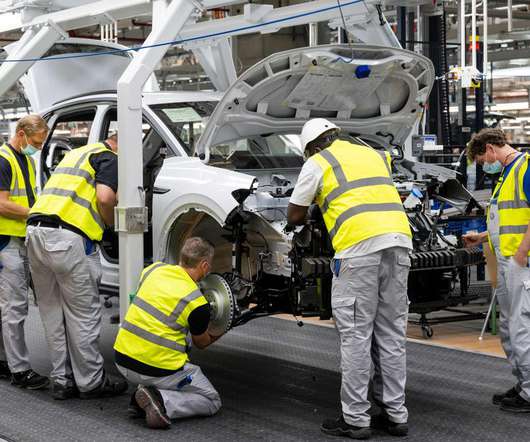US renewables’ installed generating capacity beats coal
Baua Electric
MARCH 29, 2024
Photo by Los Muertos Crew on Pexels.com Solar capacity additions hit the ground running in 2024, pushing renewables’ installed generating capacity past coal, according to new US Federal Energy Regulatory Commission (FERC) data. That’s more than the installed capacity of coal (207.15 of the total. GW) but also hydropower (101.41




























Let's personalize your content